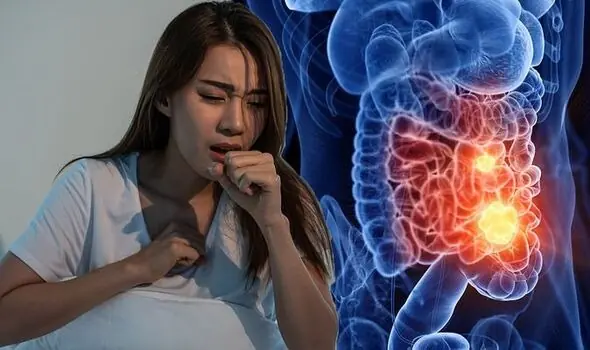
Early Signs of Liver Damage & How to Strengthen Your Liver
Your liver, one of the largest and most vital organs in your body, is located in the upper right side of your abdomen, just beneath your ribs. This remarkable organ plays a central role in numerous functions essential for survival, making it critical to maintain its optimal health. Understanding the early signs of liver damage is important, as the liver is indispensable for various life-sustaining processes.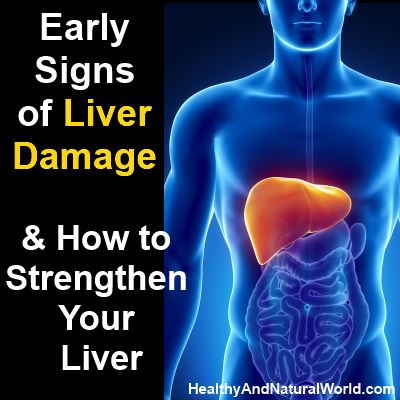
The liver performs several vital tasks, including:
-
The production of bile, which is essential for the digestion of fats.
-
The removal of toxins from the body, not only from environmental pollutants but also metabolic waste products.
-
The regulation of hormone activity.
-
The synthesis of proteins that are vital for the body's various functions.
-
The creation of biochemicals necessary for digestion.
Every substance we ingest must pass through the liver before being distributed to other parts of the body. Due to its involvement in such a wide range of bodily functions, the health of your body is directly tied to the proper functioning of your liver. Although the liver can regenerate damaged cells, its capacity for self-repair has limits. If too many cells are lost, the liver may no longer be able to function effectively.
Causes of Liver Damage
Liver problems tend to develop gradually over a number of years. The most common cause of liver damage is long-term alcohol consumption. Other potential causes include:
-
Various viruses, including different types of hepatitis.
-
Malnutrition.
-
Reactions to certain medications.
-
Overuse of both prescription and alternative medications.
-
Exposure to harmful chemicals.
-
Inherited disorders of iron and copper metabolism.
-
Diseases such as liver cancer and fatty liver disease caused by obesity.
-
People with diabetes have an increased risk of developing liver disease.
-
Smoking, which can significantly increase the risk of liver cancer, in addition to lung cancer.
-
Some chemotherapy drugs can damage liver cells, as can excessive vitamin A intake.
Symptoms of Liver Damage
Recognizing the signs of liver damage is crucial. Some of the common symptoms include:
-
Abdominal Pain: Particularly in the upper right side of your abdomen, where the liver is located.
-
Fatigue and Confusion: Persistent tiredness, which can progress to mental disorientation, often signals a liver issue.
-
Digestive Problems: Symptoms like diarrhea, constipation, or intestinal bleeding, which may manifest as changes in bowel movements, altered stool color, or traces of blood in your stool.
-
Itchy Skin: Caused by bile salts that accumulate in the skin, leading to persistent itchiness and the potential development of a flaky rash.
-
Jaundice: Yellowing of the skin and eyes, due to the buildup of bilirubin in the blood, which the liver cannot process. In some cases, even the nails or fingertips may take on a yellowish hue.
-
Dark Urine: A deep yellow color due to the excess bilirubin in the body that the damaged liver cannot eliminate.
-
Nausea and Vomiting: Disruptions in the digestive system may lead to symptoms like nausea and vomiting.
-
Loss of Appetite and Weight Loss: In more advanced stages of liver disease, a decrease in appetite may lead to significant weight loss.
-
Swollen Abdomen or Legs: A common complication of liver cirrhosis, where fluid retention causes swelling in the abdomen, legs, and ankles. This swelling can make it difficult to breathe when fluid accumulates in the abdomen.
-
Easy Bruising and Bleeding: A result of the liver’s reduced ability to produce clotting factors.
-
Sex Hormone Imbalances: In men, liver issues can lead to enlarged breasts or decreased sex drive.
-
Blood Test Indicators: A normal RDW (Red Cell Distribution Width) with high MCV (Mean Corpuscular Volume) levels could indicate liver problems.
When to Seek Medical Help
It is essential to consult a healthcare provider if you experience:
-
Unexplained fatigue, weakness, or weight loss.
-
Jaundice, persistent fever, abdominal pain, or vomiting.
-
Any signs of liver-related issues, especially when paired with other symptoms.
Always consult your doctor if you feel unwell or notice any changes in your health.
How to Strengthen Your Liver
Taking care of your liver is essential, and making positive lifestyle changes can help keep it in top shape. Here are several ways to support liver health:
-
Limit Alcohol Consumption: Excessive drinking is one of the leading causes of liver damage. The more alcohol you consume and the longer you do so, the higher your risk of liver damage.
-
Cut Back on Caffeine: Both caffeine and alcohol deposit toxins in the liver. While moderate coffee consumption may have some benefits, it is still important to keep it in check.
-
Quit Smoking: Smoking creates toxins that harm the liver, so quitting is crucial for protecting this vital organ.
-
Stay Hydrated: Drinking plenty of water helps flush toxins out of your system and keeps the liver functioning properly.
-
Lemon Water: Drinking lemon water can stimulate bile production, aiding digestion and supporting liver function.
-
Herbal Teas and Natural Juices: Green tea, rich in antioxidants, supports liver health and helps reduce fat storage in the liver.
-
Eat Berries: Fruits like strawberries, blueberries, and raspberries contain organic acids that lower blood sugar levels and help prevent fatty liver disease.
-
Maintain a Healthy Weight: Proper nutrition and regular exercise are key to maintaining a healthy body weight, which is essential for liver health.
-
Avoid Processed Foods: Replace fatty and processed foods with nutrient-rich vegetables, whole grains, fruits, and nuts to protect your liver.
-
Increase Garlic Consumption: Garlic helps improve liver function by promoting the elimination of toxins.
-
Follow Medication Instructions: Always adhere to your doctor’s prescribed medication dosage. Be cautious with herbal supplements, as some can harm the liver if taken in excess.
-
Regular Health Check-ups: If you have diabetes or high blood pressure, ensure you have regular check-ups to monitor your liver health.
-
Practice Good Hygiene: Prevent hepatitis viral infections by maintaining proper hygiene and avoiding exposure to contaminated food, water, or blood.
-
Use Liver-Cleansing Herbs: Consult natural remedies and herbs that are effective for liver detoxification.
By incorporating these habits into your lifestyle, you can significantly reduce the risk of liver damage and maintain its health for years to come. The liver plays a pivotal role in your survival, and there’s currently no substitute for its functions in the long term. Therefore, maintaining its health should be a priority. Start now by changing harmful habits to ensure a healthier, longer life!
News in the same category

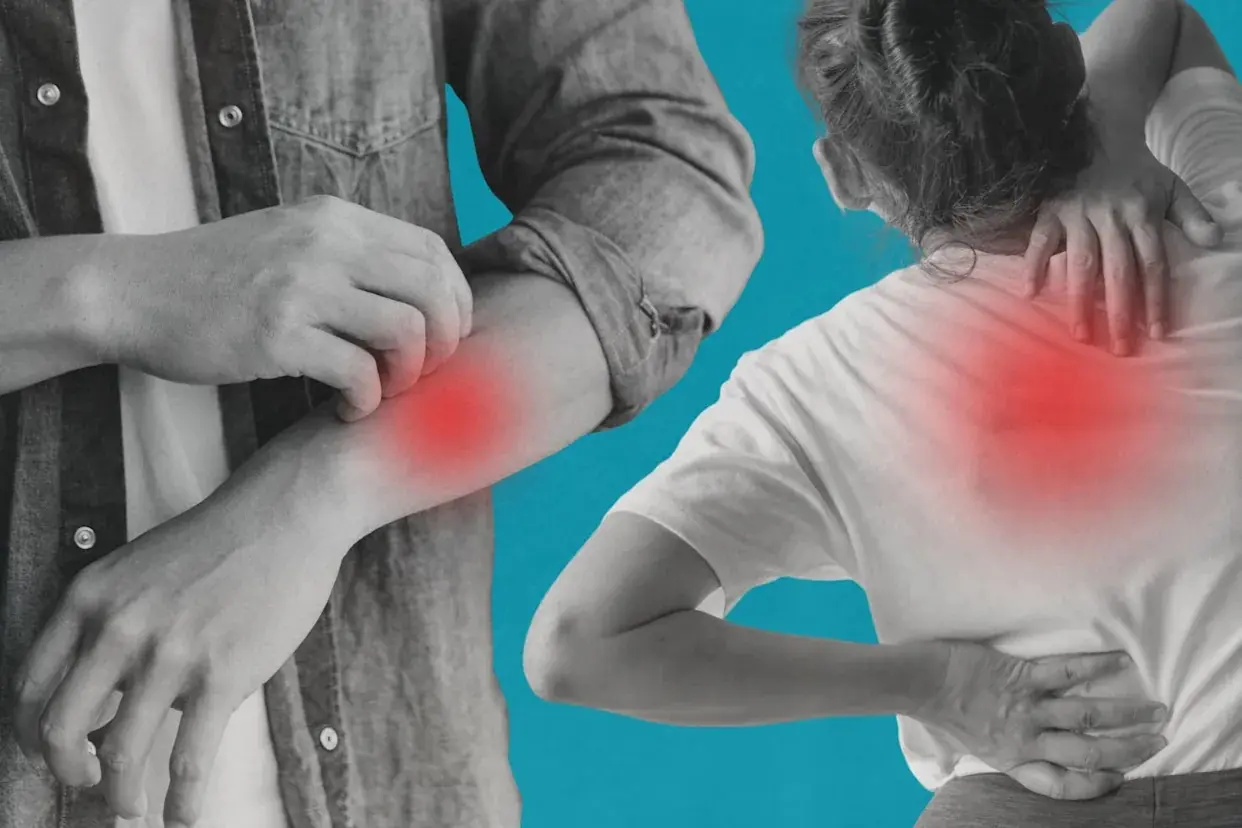
Doctors Warning: 5 Types of Pain You Should Never Ignore!

Here’s What Your Stool Can Tell You About Your Health
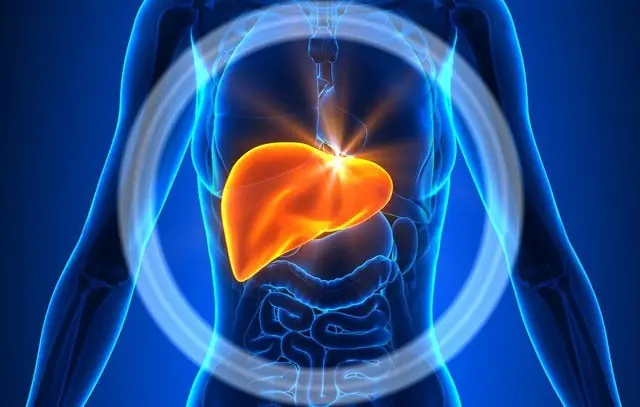
10 Warning Signs Your Liver is Overloaded with Toxins – Don’t Ignore These!
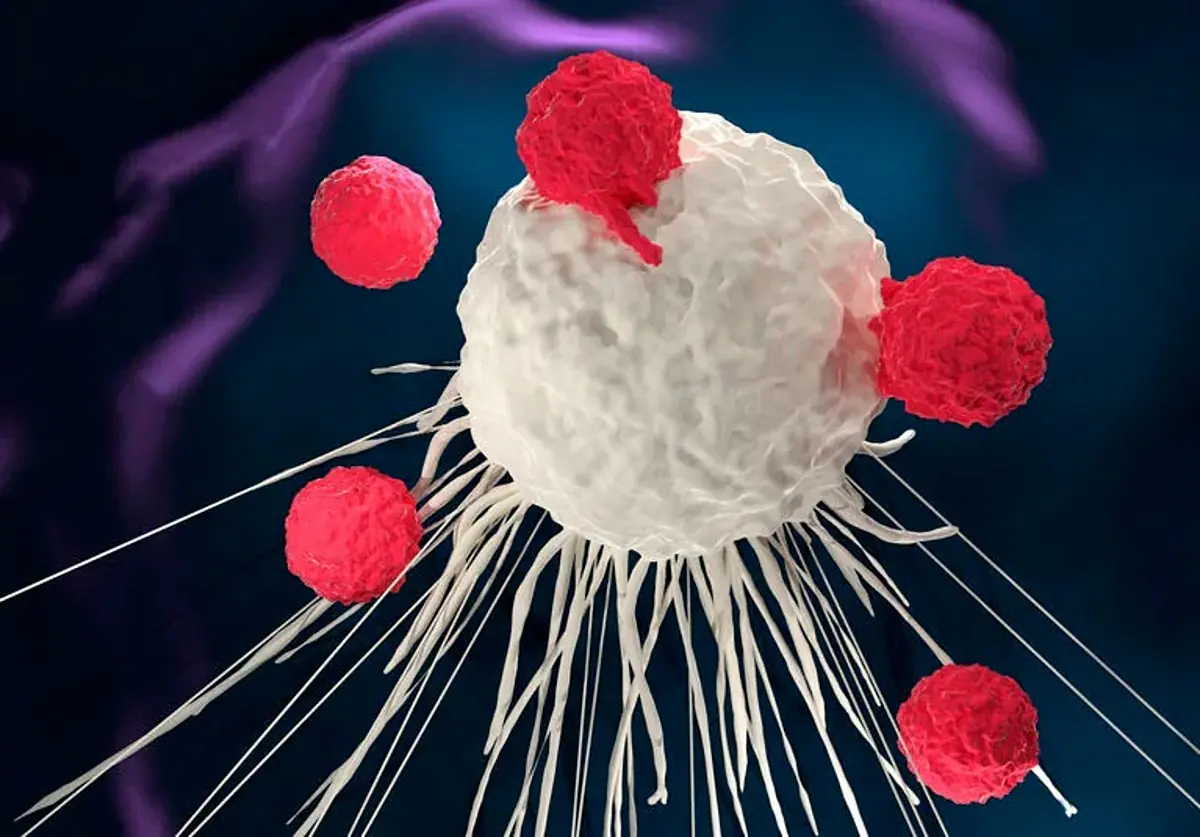
Do I Have Prostate Cancer? 12 Early Symptoms Men Should Never Ignore
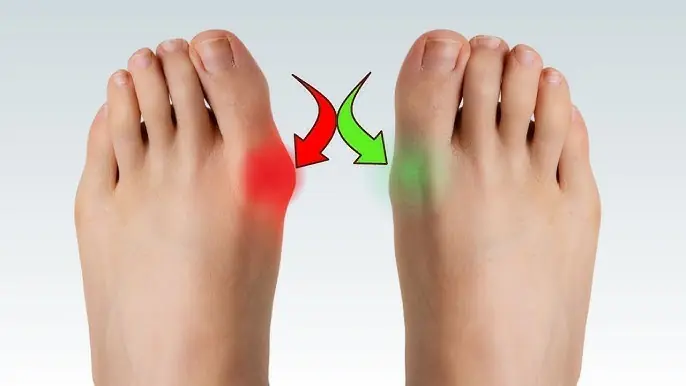
Reverse Bunion Pain with These Simple Home Remedies
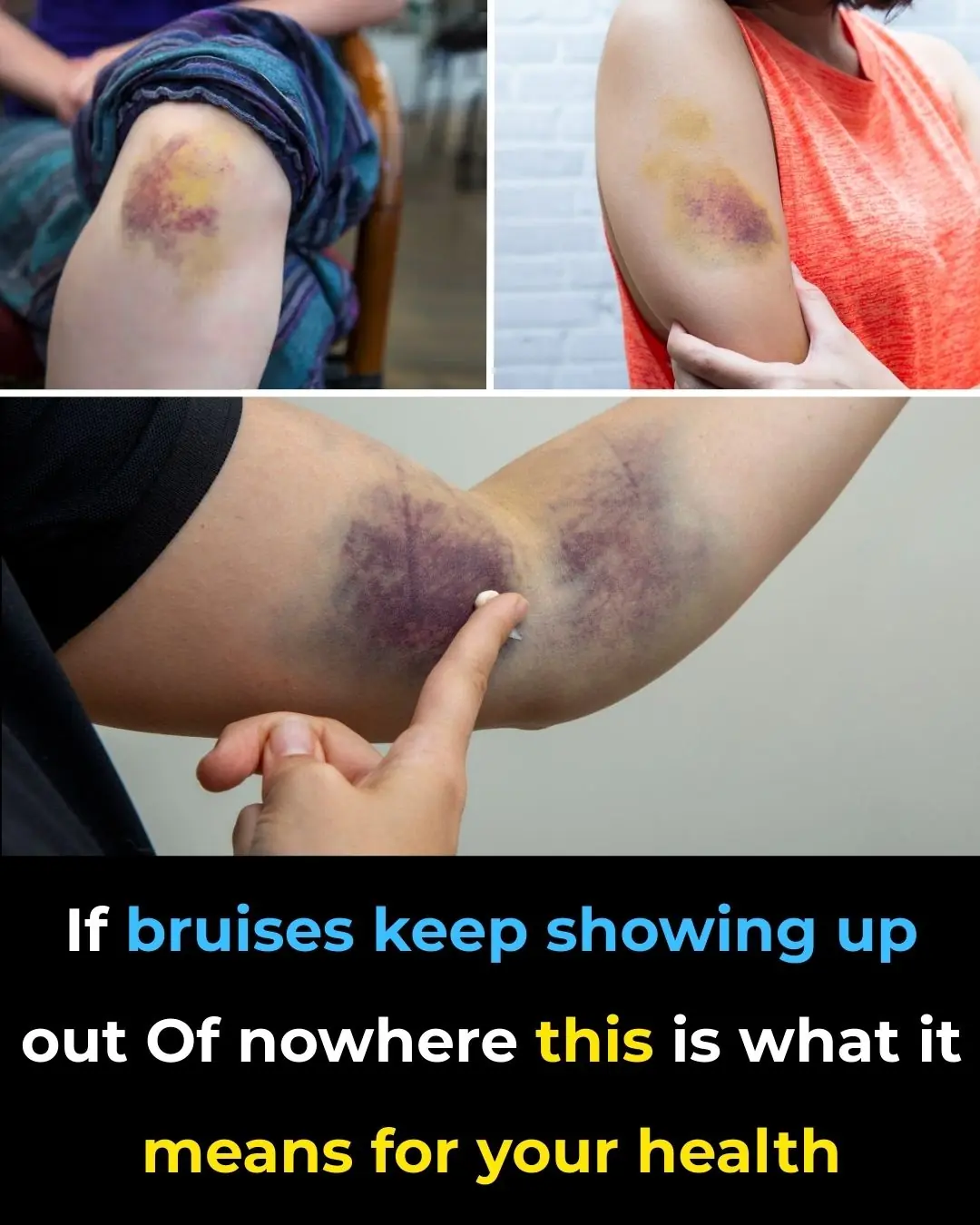
Unexplained Bruising on Your Body: Causes and Treatments

10 Simple Ways to Help Your Body Detoxify and Cleanse Itself
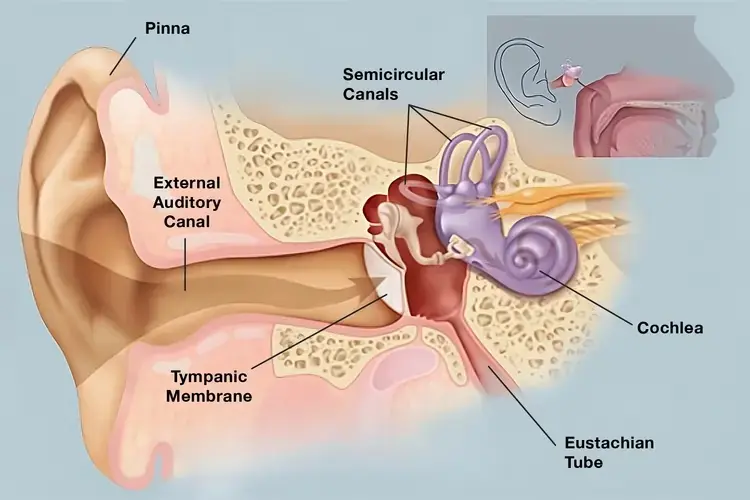
Cure Ear Infections Faster with These Effective Natural Remedies
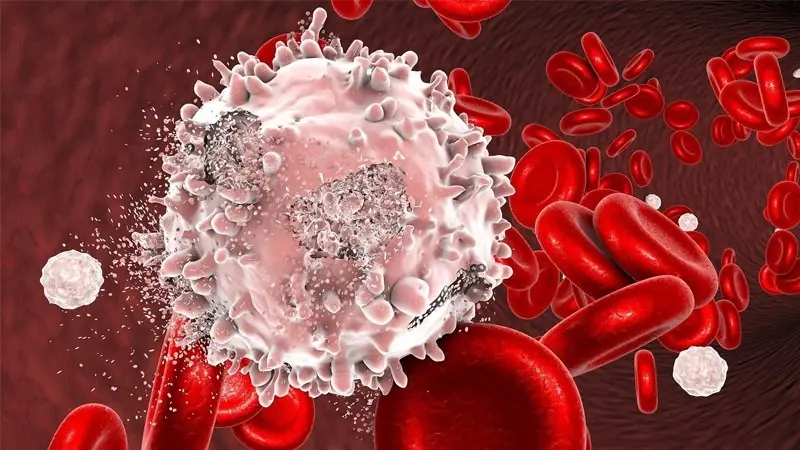
Scientists Explain How Water Fasting Can Trigger Stem Cell Regeneration, Fight Cancer, and Protect the Heart – Here’s What You Need to Know
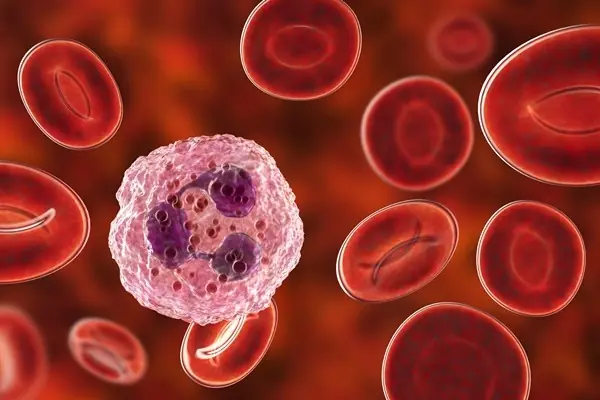
Not Many People Know the Early Warning Signs That Cancer Is Growing in Your Body
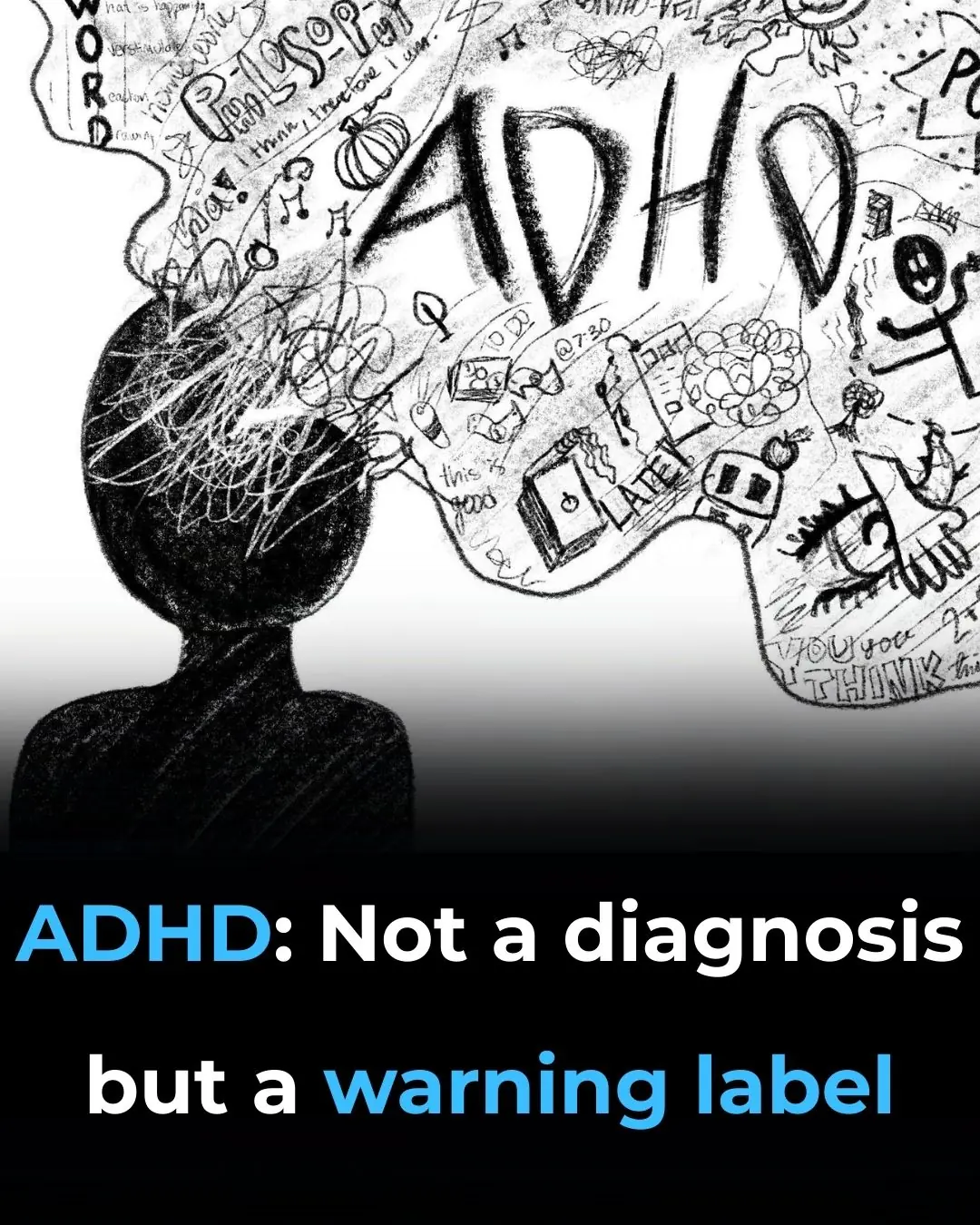
ADHD: Not a Diagnosis but a Warning Label
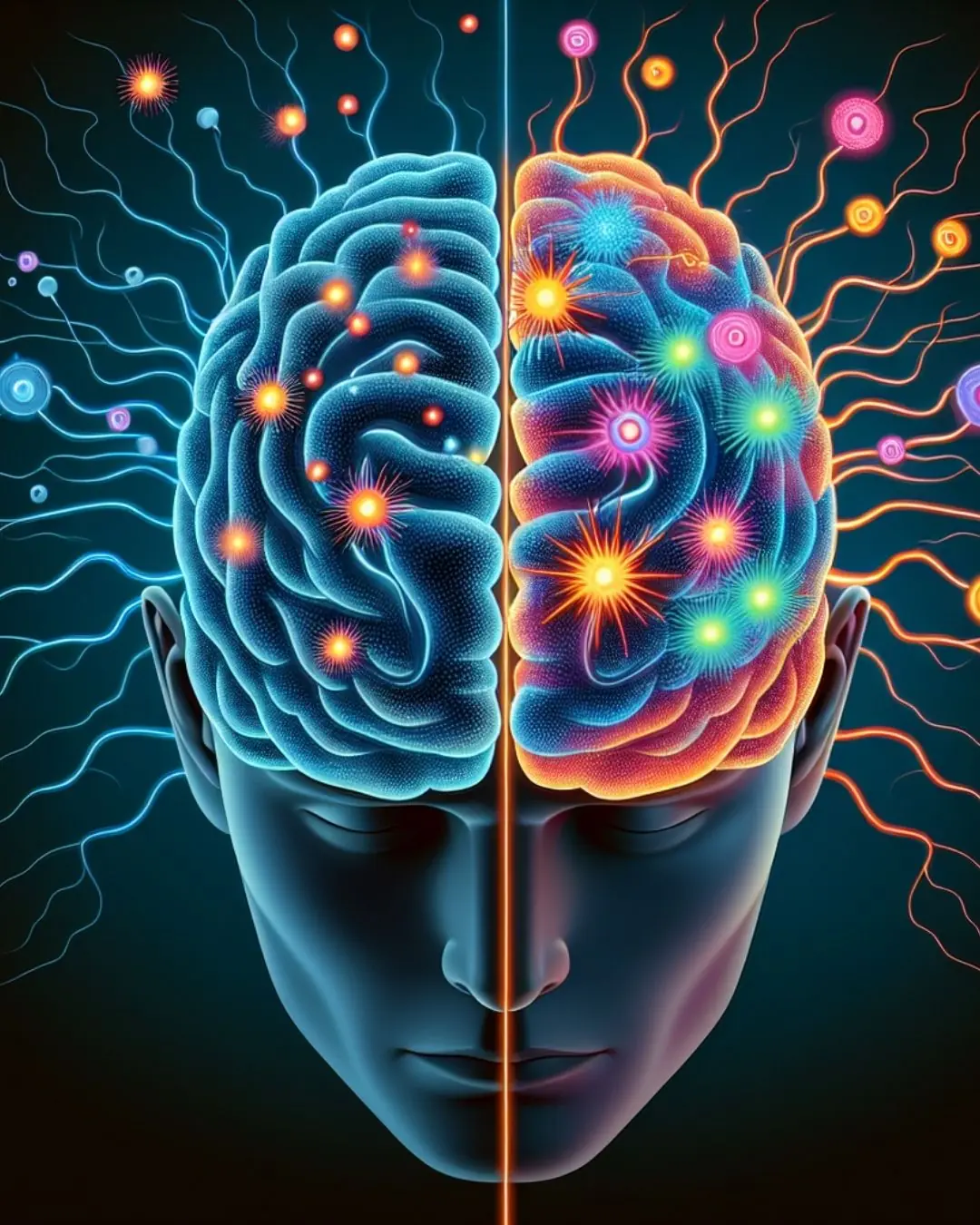
Integrating Brain Health Into the Clinic: An Assessment of Practice Patterns
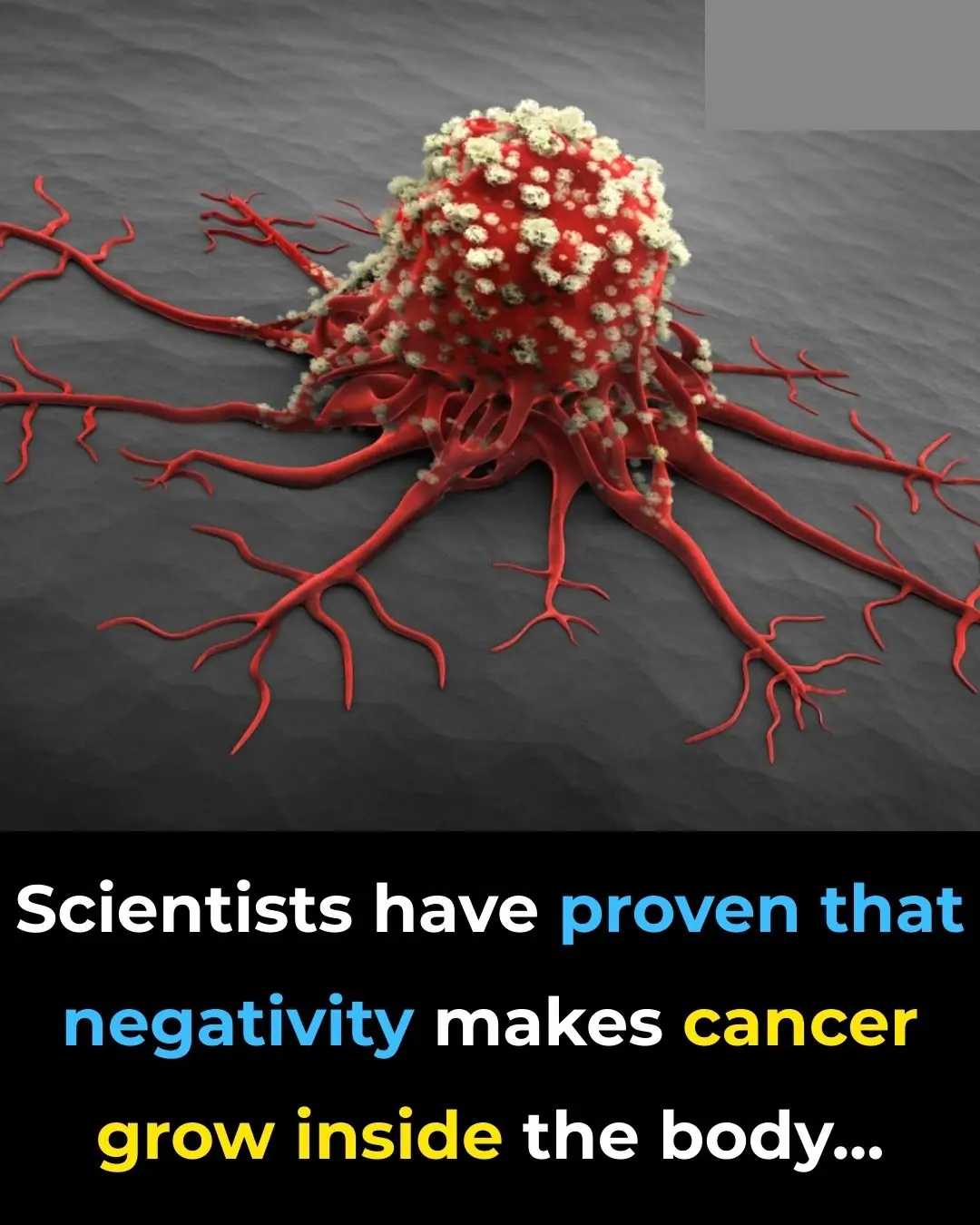
Scientists Have Proven That Negativity Makes Cancer Grow Inside The Body

17 Worst Foods for Diabetics
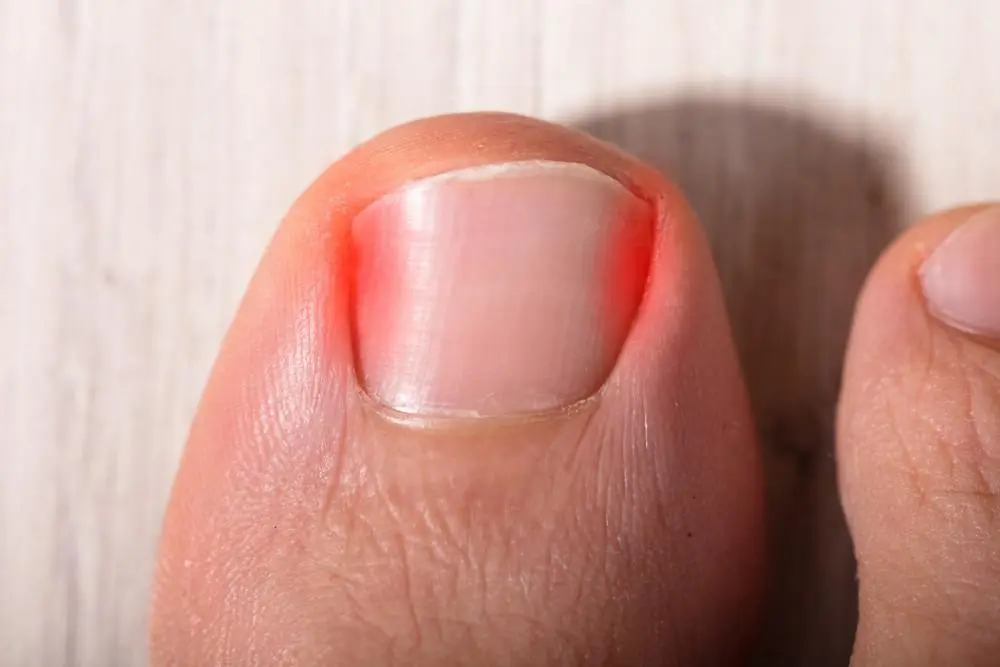
Home Remedies to Get Rid Of Ingrown Toenails (Onychocryptosis)

Molasses 101: Types, Proven Benefits, Uses and More

How & Why You Need to Freeze Lemons (Detailed Instructions)
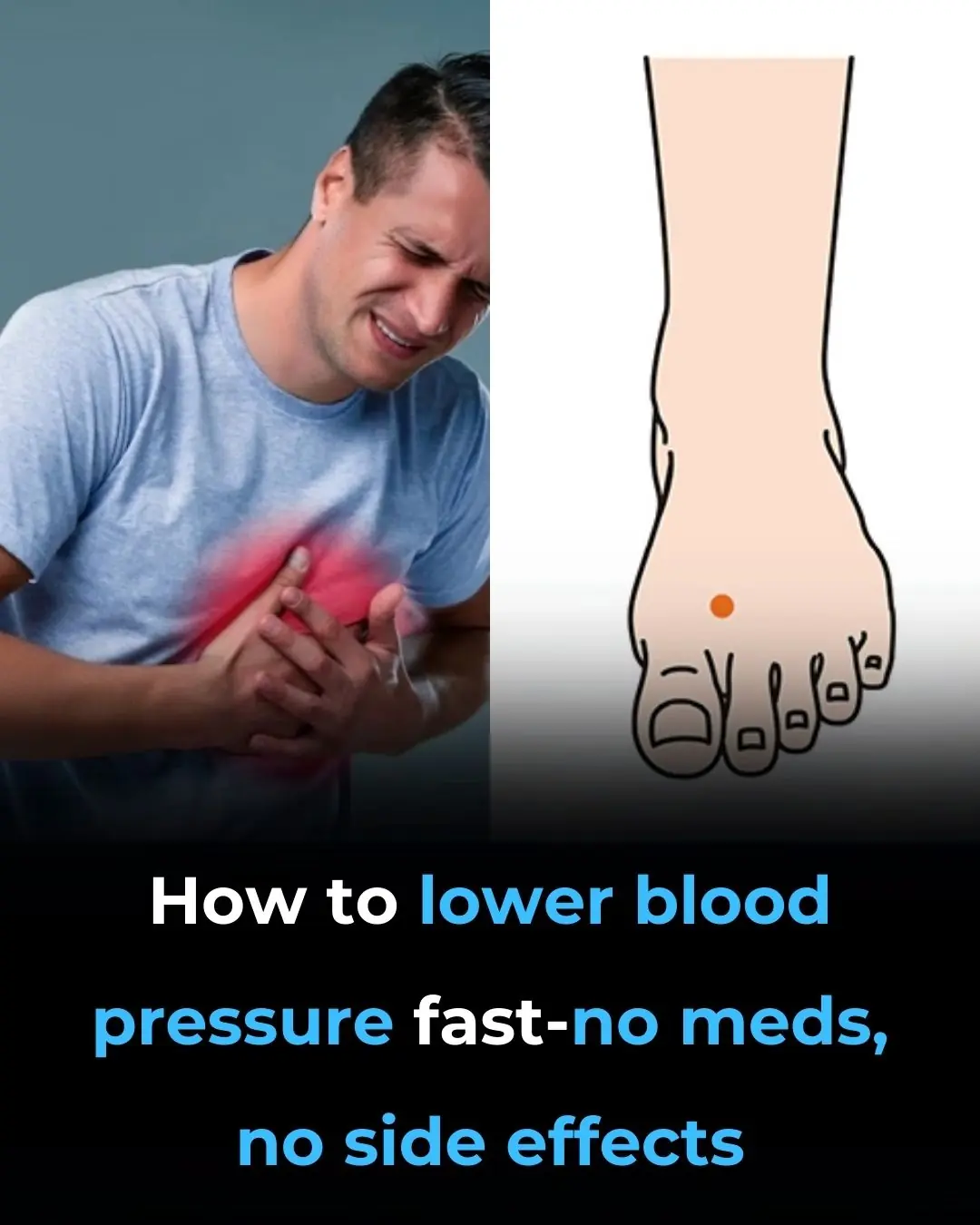
How to Lower High Blood Pressure Quickly Without Medications (Evidence Based)
News Post

10 Hidden Warning Signs of Bowel Cancer You Shouldn't Ignore

Doctors Warning: 5 Types of Pain You Should Never Ignore!

Here’s What Your Stool Can Tell You About Your Health

10 Warning Signs Your Liver is Overloaded with Toxins – Don’t Ignore These!

Do I Have Prostate Cancer? 12 Early Symptoms Men Should Never Ignore

Reverse Bunion Pain with These Simple Home Remedies

Unexplained Bruising on Your Body: Causes and Treatments

10 Simple Ways to Help Your Body Detoxify and Cleanse Itself

Cure Ear Infections Faster with These Effective Natural Remedies

Scientists Explain How Water Fasting Can Trigger Stem Cell Regeneration, Fight Cancer, and Protect the Heart – Here’s What You Need to Know

Not Many People Know the Early Warning Signs That Cancer Is Growing in Your Body

Can You Find the Hidden Pipe? Only 2% Can!

Nadya Suleman, The Supermom Who Gave Birth to Octuplets

ADHD: Not a Diagnosis but a Warning Label

Integrating Brain Health Into the Clinic: An Assessment of Practice Patterns

Scientists Have Proven That Negativity Makes Cancer Grow Inside The Body

17 Worst Foods for Diabetics

Fenugreek Oil for Hair Growth: Unlock Thicker, Healthier Hair Naturally
